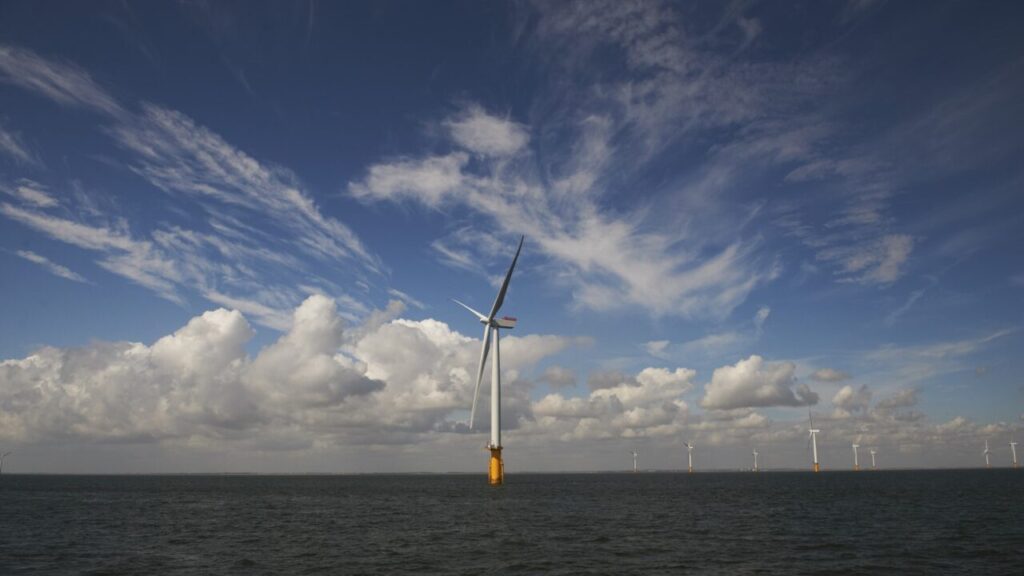New research by Robert Gordon University (RGU), Aberdeen, has shown that the UK cannot deliver a “just and fair” energy transition by 2030 unless urgent changes are made.
The report, titled Delivering Our Energy Future, analysed over 6,560 pathways for the UK offshore energy industry between now and 2030, concluding that UK and Scottish political choices, rather than market economics, will determine the size of the offshore energy workforce and supply chain.
Concerningly, fewer than 0.3% of scenarios analysed meet “just and fair” transition principles, defined by the UN as “ensuring that no one is left behind in the transition to low carbon and environmentally sustainable economies and societies”. The report noted that billions of pounds must be invested into the sector in the next six years to achieve these few scenarios.
Professor Paul de Leeuw, director of the Robert Gordon University Energy Transition Institute, said: “The UK still has a unique opportunity to create a new energy future. But to deliver this requires action and urgency, which means faster planning and consenting and access to the grid. We also need more flexible electricity pricing mechanisms to avoid project delays or cancellation and a proactive focus on building UK content so we can design, manufacture, install, commission and operate some of the critical new infrastructure required.
“If the UK is unable to deliver close to 40GW (from 15 GW at the end of 2023) of installed offshore wind capacity and UK content ambitions for the new activities by 2030, it is unlikely to retain the offshore energy workforce without additional activities.”
The skills gap: how can we fill it?
One key principle of a “just and fair” transition is ensuring that jobs are not lost in the energy sector as the industry move away from oil and gas. However, this requires retraining and upskilling workers and attracting new talent into the green energy industry.
The Public Accounts Committee (PAC) recently issued a warning, stating that the UK government and wider economy “lack the necessary skills to deliver ambitious plans for major infrastructure over the next five years,” with the technical and engineering skills gaps set to worsen. Meanwhile, the Labour Party identified the skills gap as one of the “four horsemen of the apocalypse” threatening the UK energy transition.
A lack of clarity in energy transition policy has also been cited as a major threat to the UK’s move to net zero, with global assurance and risk management provider DNV recently releasing a report urging the UK government to adopt a “whole systems approach” to decarbonisation to “counter system inertia”.






